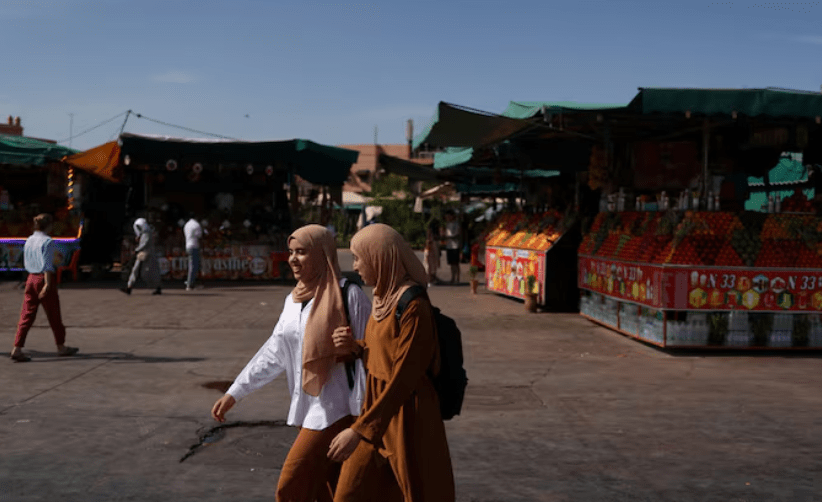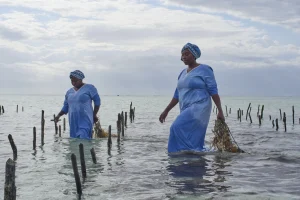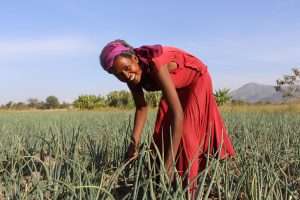Morocco considers family law reforms to strengthen women’s rights

Morocco has sought to give women more rights for guardianship and child custody and aims to restrict polygamous marriage, in the first review of its family code in 20 years, according to justice and Islamic affairs ministers.
The plans for reform, which were announced by the ministers on December 24th, follow a push for reforming regulations effecting women’s and children’s rights within the family by women’s rights activists in Morocco, according to The Arab Weekly via Reuters.
The draft code puts forward over 100 amendments, namely enabling women to oppose polygamy within a marriage contract, according to Justice Minister Abdellatif Ouahbi.
Ouahbi said that in cases where there is no opposition, a husband can have a second wife in some instances, such as if the first wife is infertile, creating constraints on polygamy.
The draft code intends to make divorce procedures shorter and less complex. It also deems child custody to be a mutual right between spouses and gives both the right to keep the marital home if one’s spouse passes away.
Divorced women will be able to maintain child custody when they remarry and the code will uphold the legal marriage age at 18, “restricting exceptions to underage marriage to 17 years,” The Arab Weekly reports via Reuters.
READ: Lina AbiRafeh: Morocco earthquake comes down harder on women
Abortion Challenges for Morocco’s Women
The code would not end the Islamic-based inheritance rule which gives a man two-fold the share of a woman, but it allows people to give any of their assets to their female inheritors, Quahbi added.
Moroccan women’s rights supporters, who have called for equal inheritance laws, “could not be reached for immediate comment,” Reuters reports.
The country’s supreme religious authority, King Mohammed VI, said on December 23rd that the revised code, which needs to be submitted to parliament to get the green light, should uphold “the principles of justice, equality, solidarity and harmony” with Islamic principles and world-wide values to protect the Moroccan royal family.
An Amnesty International report published on May 14th found that the country’s abortion laws force women into dangerous circumstances, such as backdoor abortions.
The reported methods included misapplying pharmaceuticals, swallowing harmful chemicals, and physical violence. Four of the 33 women who spoke to Amnesty needed emergency medical care due to these dangerous, DIY attempts.
On November 26th, Morocco signed agreements worth €150m with the French Development agency (AFD) which aim to broaden the country’s compulsory health insurance (AMO) and support gender equality in the country, according to Middle East Online and agencies.
The Arab Weekly, Reuters, Middle East Online and agencies.
Want to chase the pulse of North Africa?
Subscribe to receive our FREE weekly PDF magazine














